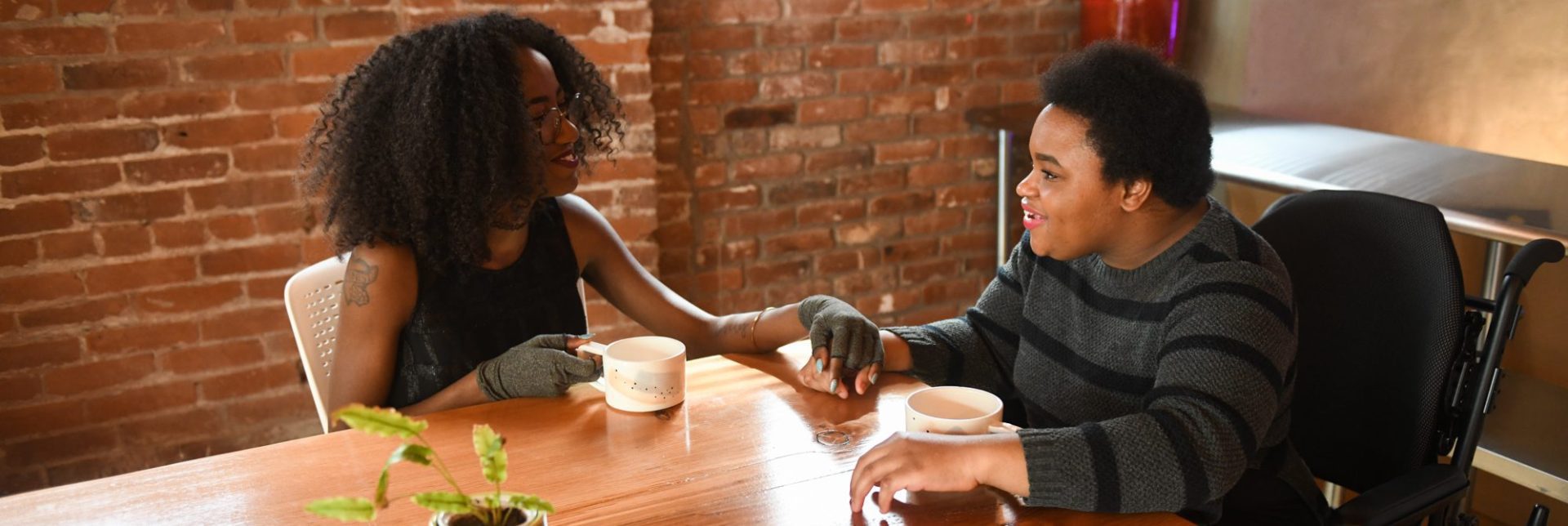The Ehlers-Danlos syndromes (EDS) and hypermobility spectrum disorders (HSD) can affect both physical and mental health. In addition to managing the physical symptoms of EDS and HSD, it is important to take time to focus on your mental and emotional well-being. The stress of managing a chronic illness and having to fight for care can be frustrating and emotional. People with EDS and HSD have higher rates of anxiety and depression, but there are resources available to help. Below is a compiled list of global mental health resources to help you in building your own coping strategies. This resource library will continue to be developed and updated with more resources as they become available.
Unable to find what you are looking for? Please reach out to our helpline for additional resources. If you are in a mental health crisis, please reach out to a crisis line for support.

